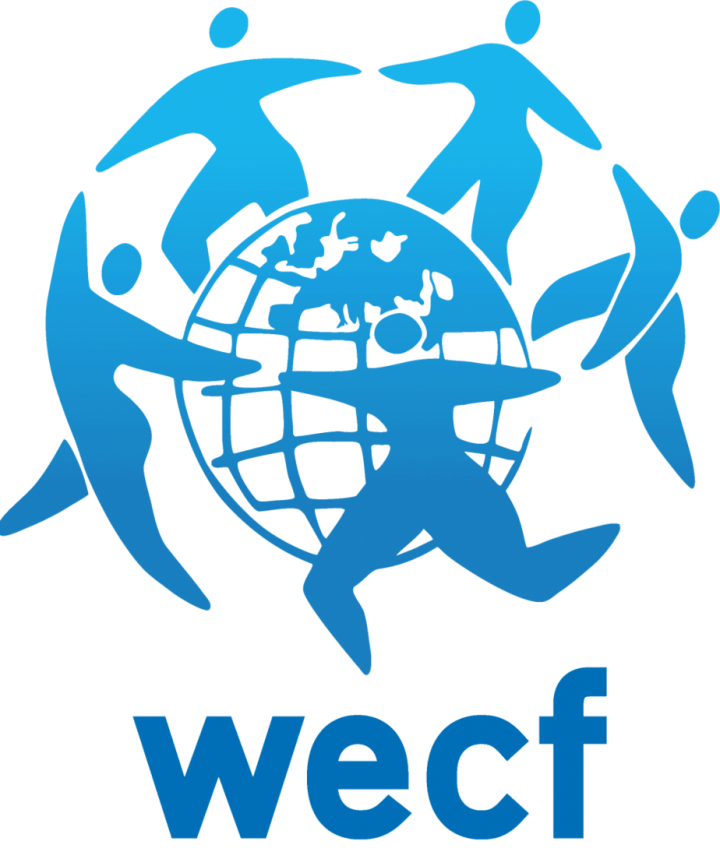Statements der Women’s Major Group bei der dritten Verhandlungsrunde des Plastikabkommens INC-3
In der Woche vom 11. bis 19. November fand die dritte Sitzung des zwischenstaatlichen Verhandlungsausschusses (INC-3) in Nairobi statt. Dort wurde an einem international rechtsverbindlichen Instrument zur Bekämpfung der Plastikverschmutzung, auch in der Meeresumwelt, gearbeitet.
Wir von WECF nahmen, wenn auch nur online, an dieser Sitzung teil und haben uns aktiv an der Arbeit einer Gruppe von Frauen beteiligt, die verschiedene Themen rund um die Plastikverschmutzung behandelte (Women’s Major Group).
In den vorbereiteten Erklärungen der Gruppe, die im Plenum und in den verschiedenen Arbeitsgruppen eingebracht wurden, wurden besonders die vielfältigen Herausforderungen hervorgehoben, denen Frauen und andere Gruppen in gefährdeten Situationen im Umgang mit Plastik gegenüberstehen.
Unten findest du das Eröffnungs- und Abschluss-Statement der Women’s Major Group in englischer Sprache.
Die Statements der Women’s Major Group zur INC-3
Eröffnungsstatement der Women’s Major Group
Thank you for the floor.
Distinguished delegates,
My name is Dalia Márquez, from Juventud Unida en Acción and I’m speaking on behalf of the Women’s Working Group on ending Plastics Pollution.
First, we denounce that female colleagues were victims of harassment during INC-2. Therefore, we adhere to the zero-tolerance policy for harassment and demand compliance with UNEP’s internal standards and call on all parties to guarantee this negotiation is a space free of harassment in all its forms.
Second, toxicity throughout the life cycle of plastics affects our health, leading to infertility and irreversible disorders, particularly in women. Therefore, regarding obligations 2 and 3, aligned with the precautionary principle, we urgently demand a moratorium on problematic plastic materials and products, including single-use plastic products and chemicals of concern used in plastic production and products that might harm human health.
Third, we urge a globally harmonized and legally binding mechanism to ensure that information about the presence of toxic chemicals in plastics is publicly available and tracked in individual materials and products, including those for women.
Fourth, the polluter pays principle, health and human rights must be central, as well as the Planetary and One Health approaches.
Fifth, about Obligation 12 and Part IV: to ensure a just transition, meaningful and inclusive participation and engagement of civil society is key. The consultation process and implementation of the National Action Plans must be inclusive and include women, indigenous communities, vulnerable groups, and groups in vulnerable situations. Finally, we call for delegates to work towards a strong treaty that will ensure the scope covers the entire life cycle of plastics.
Thank you.
Abschluss Statement der Women’s Major Group
Thank you for the floor.
My name is Yuyun Ismawati, from Nexus3 Foundation, Indonesia. I’m speaking on behalf of the Women’s Working Group on Ending Plastic Pollution, a network of over 200 organizations in 20 countries.
We appreciate the efforts and contributions of all delegates in the three contact groups to shape this negotiation. We welcomed the attention to chemicals of concern, which is not highlighted before, received good attention from delegates and the inclusion of gender perspective as a principle.
As the science-based data confirmed, plastic pollution directly impacts health. Several studies revealed that many everyday personal care products, e.g., contain microplastics, nanoplastics, and EDCs, exposing women to these harmful chemicals. However, studies have also shown unknown effects of larger groups of chemicals due to a lack of transparency.
Women, men, children and their families in countries who are unwilling to reduce plastic production and avoid the negotiation about polymers and chemicals of concern will face the same exposures and risks from harmful plastic chemicals in their daily lives.
In this sense, women’s perspectives and health concerns must be considered and reflected in the treaty’s negotiations, following Resolution 17 of UNEA 4, “Promote gender equality and the human rights and empowerment of women and girls in environmental governance”.
We noted several interventions about the economic benefits of plastic production. However, it is necessary to consider the impacts that plastic pollution has on public health that potentially outweigh the benefits of plastics.
Scientists revealed that six out of nine Planetary Boundaries have been transgressed. Our humanity is threatened by the worst possible scenario of plastic pollution, the climate crisis, and biodiversity loss. Therefore, the One Health Approach is fundamental for this treaty.
Our call extends beyond immediate health concerns to emphasize the interconnectedness of environmental, social, and economic. The co-benefits of climate change and biodiversity control measures underscore the need for a holistic approach. Additionally, we stress the imperative to provide incentives for reducing plastics, eliminating harmful chemicals, and considering the workforce’s just transition, particularly waste pickers.
Finally, we would like to remind all delegates that plastic pollution has been, is, and will always be a threat to human health, the ecosystem, and our future.
Thank you, Mr President
Hier findest du das Eröffnungs-Statement und das Abschluss-Statement auch als pdf (EN).
Weitere Infos
- Übersicht über das globale Plastikabkommen von Exit Plastik
- Informationen zu den aktuellen Verhandlungen (auf Englisch)
- Unser Standpunkt zur dritten Verhandlungsrunde
Foto: IISD/ENB | Anastasia Rodopoulou
